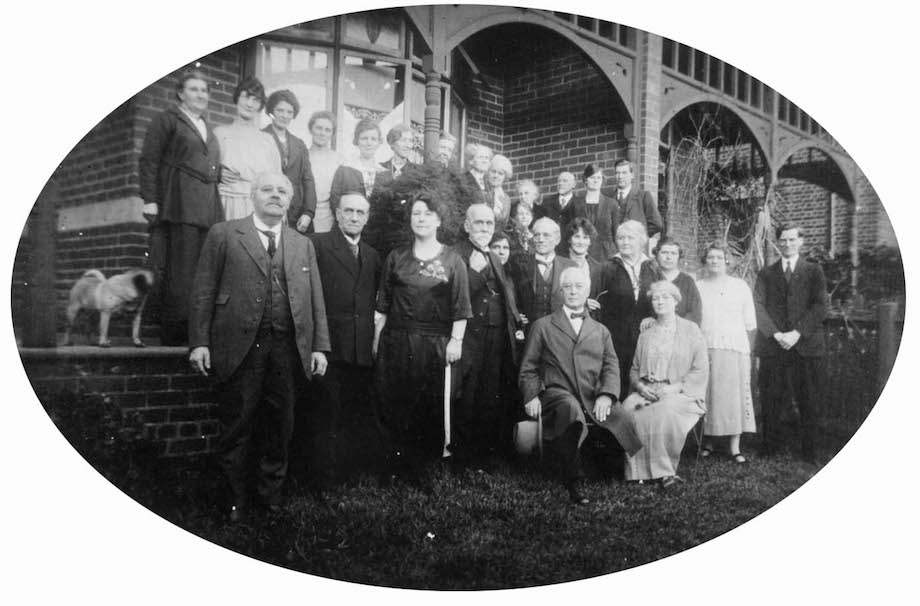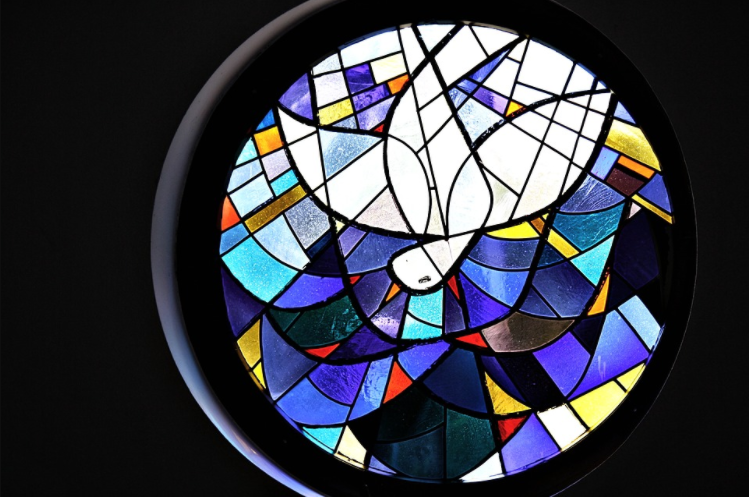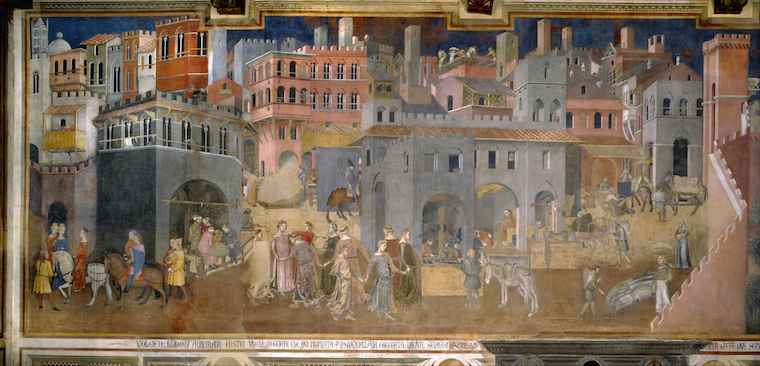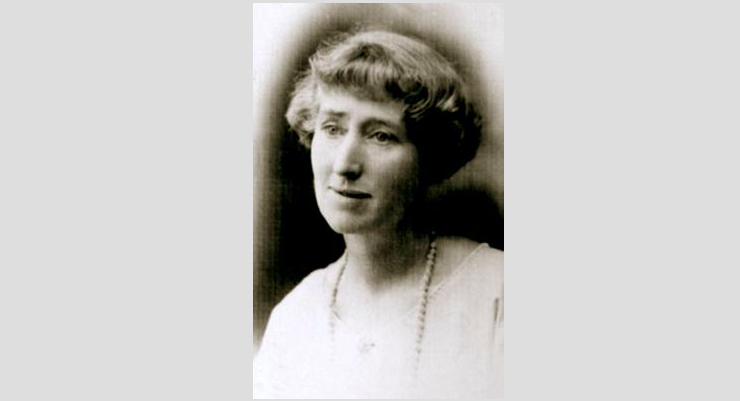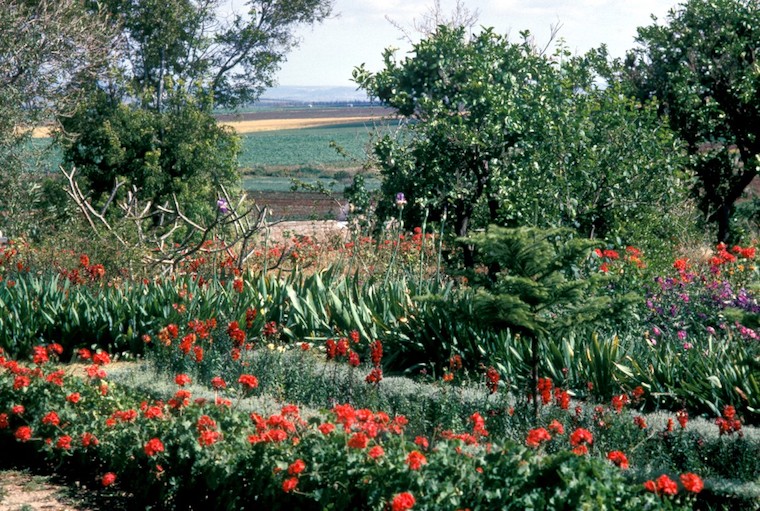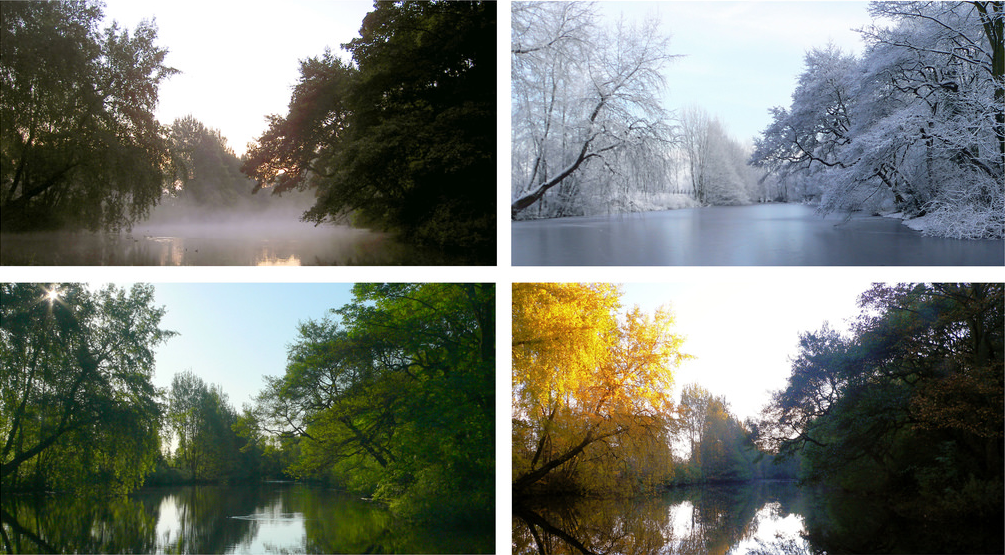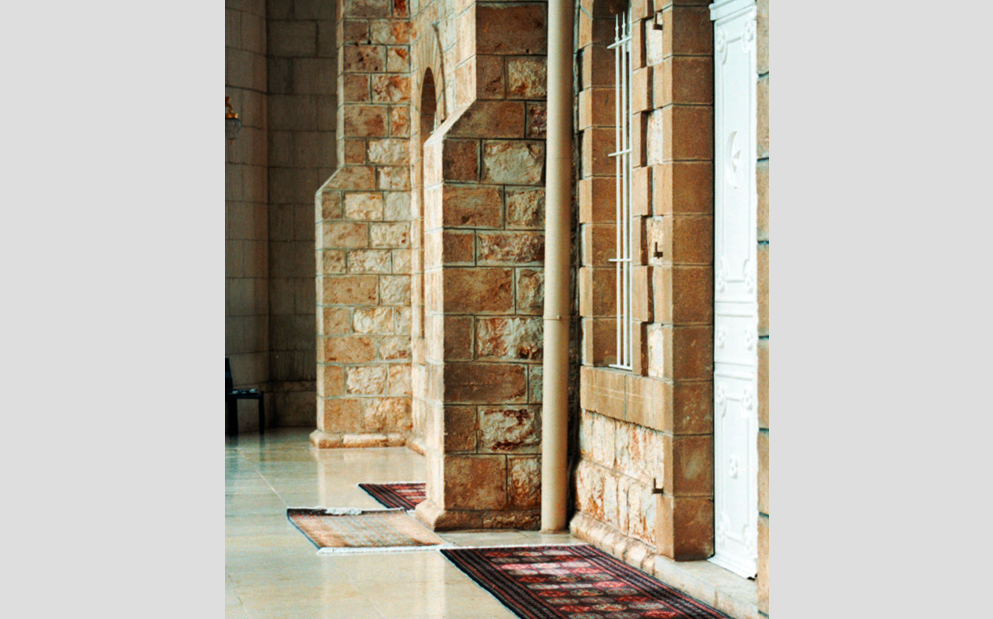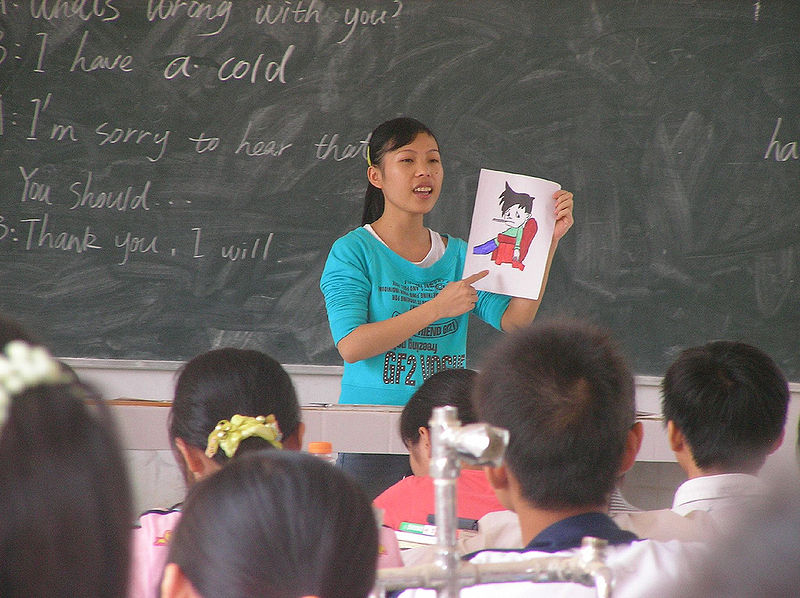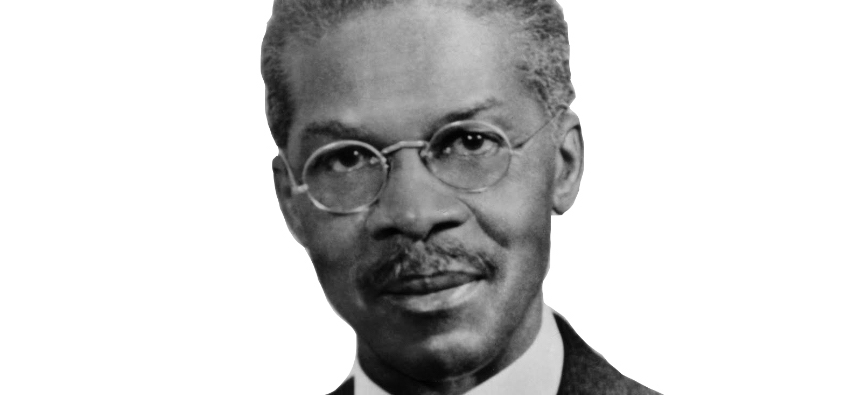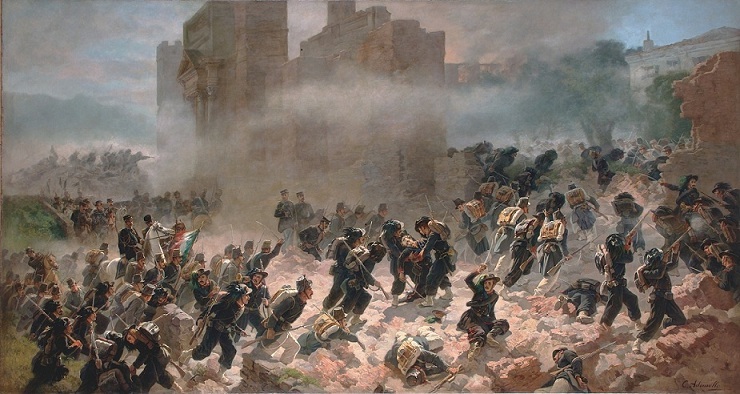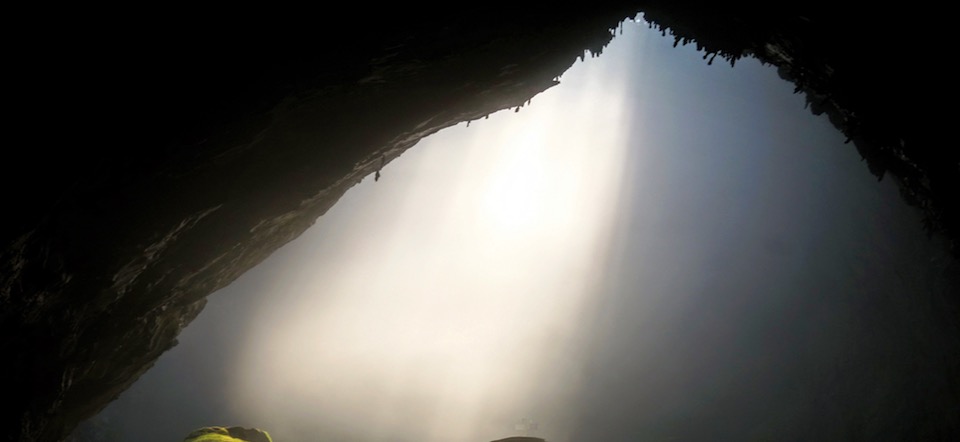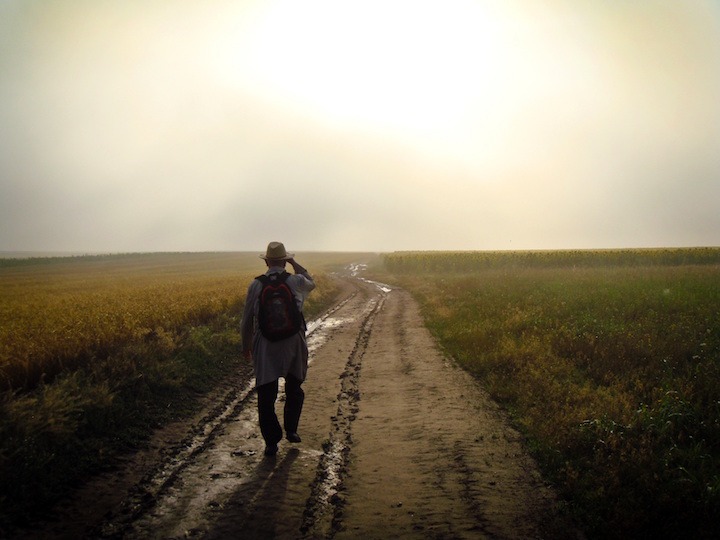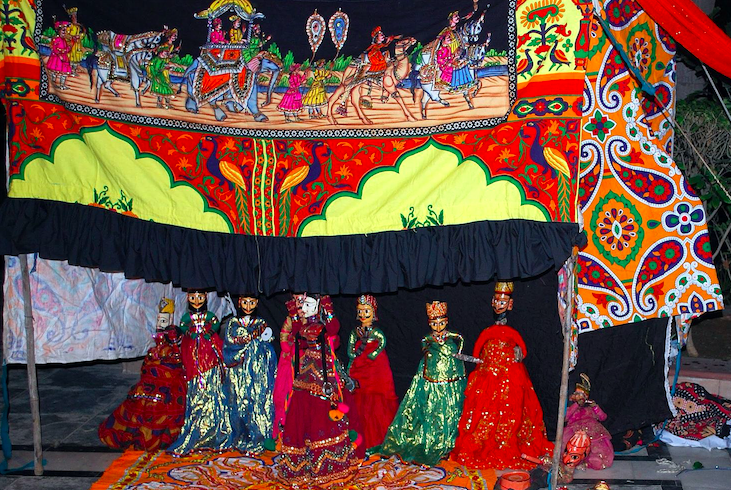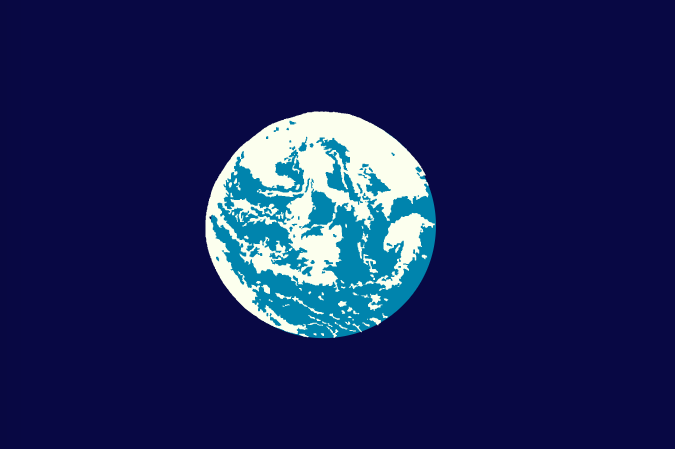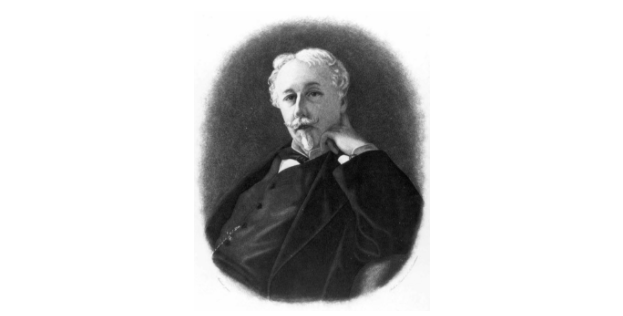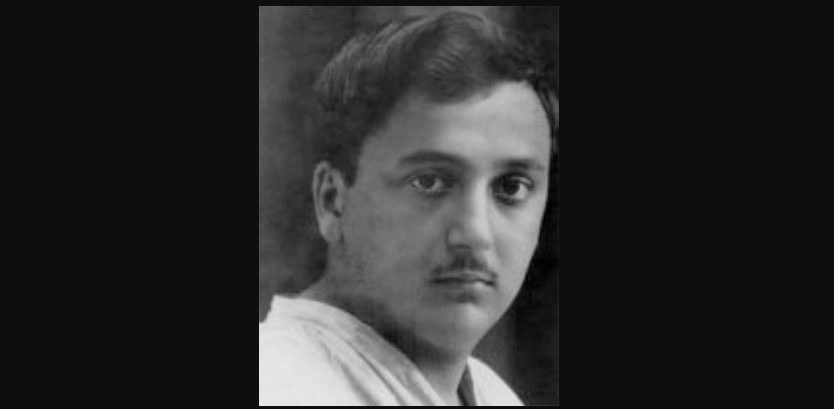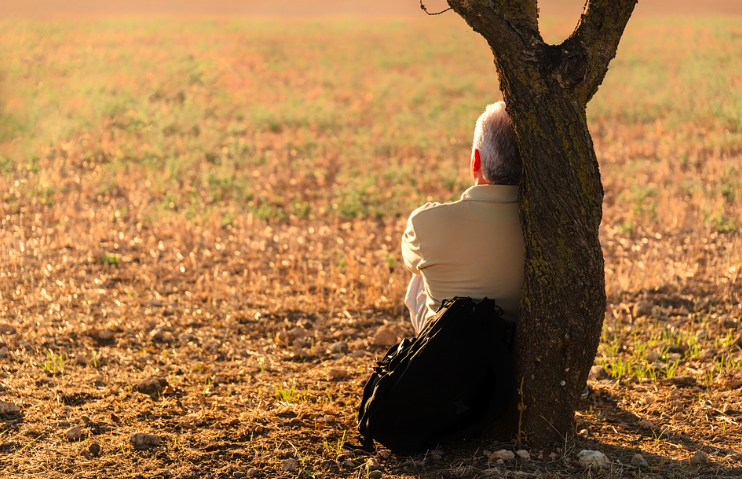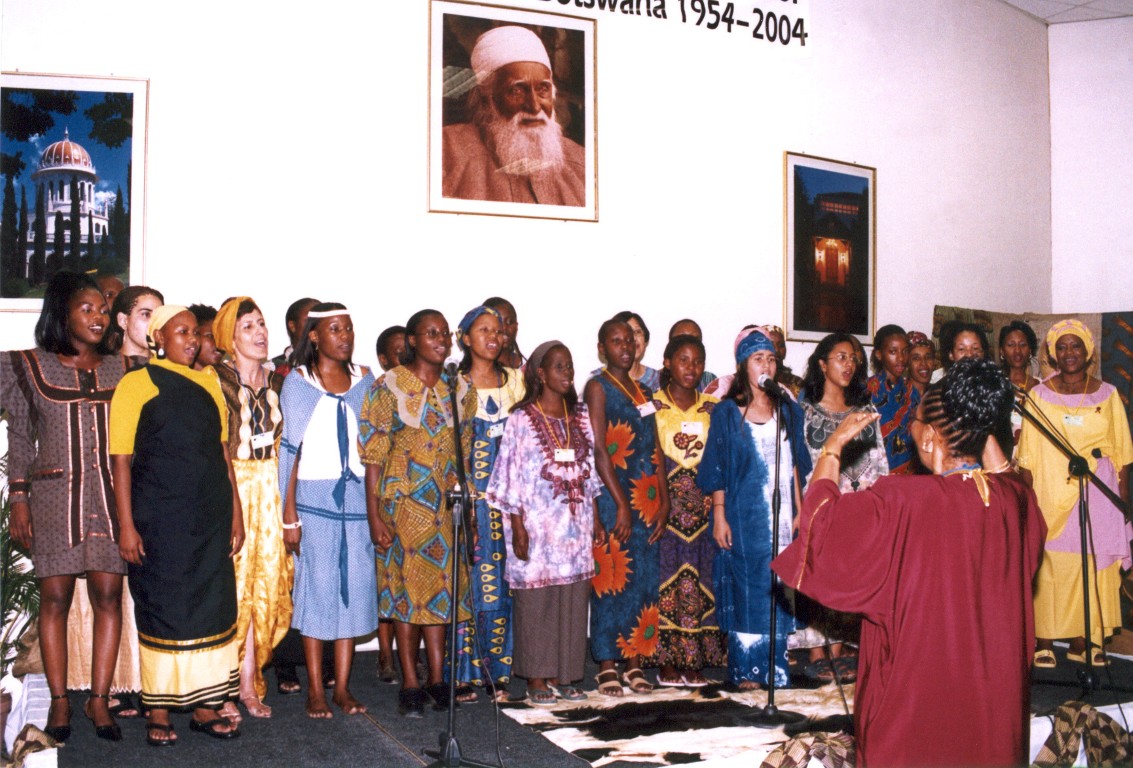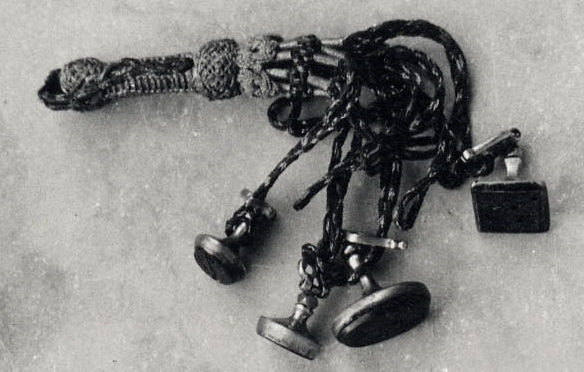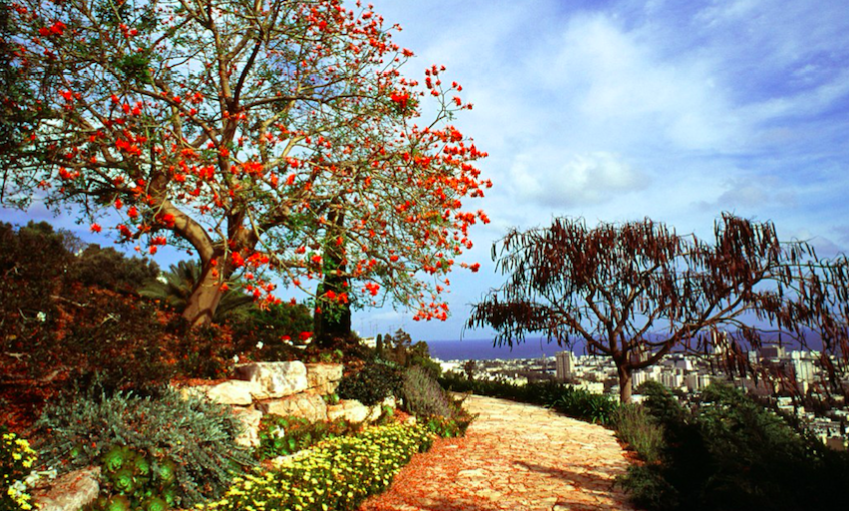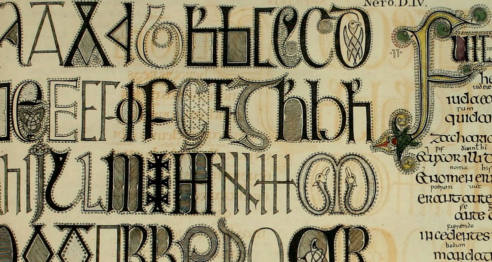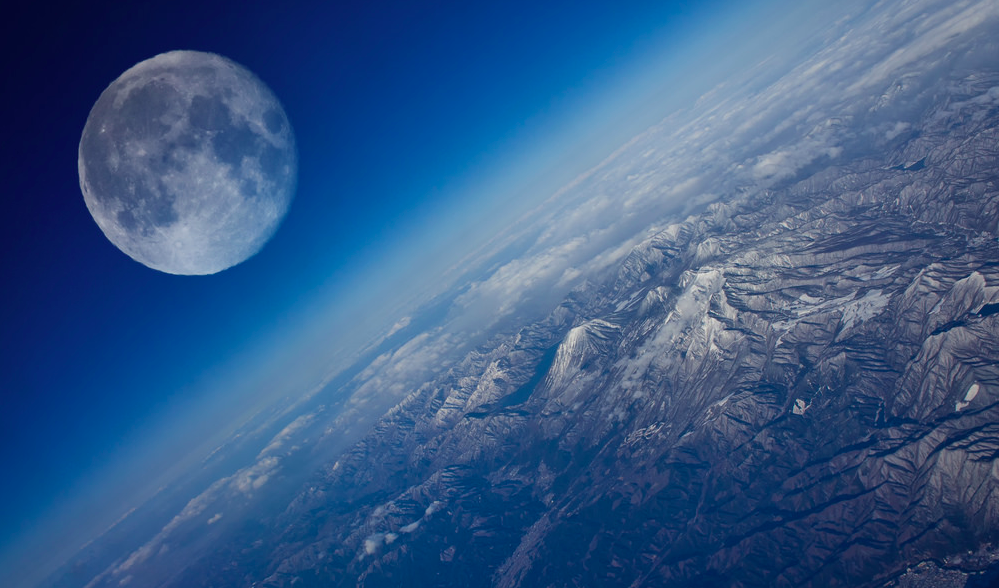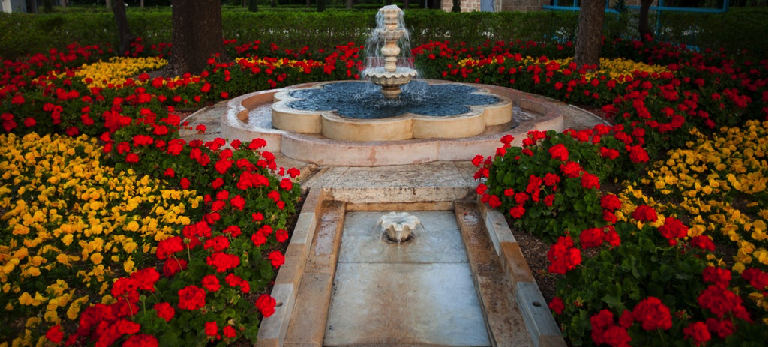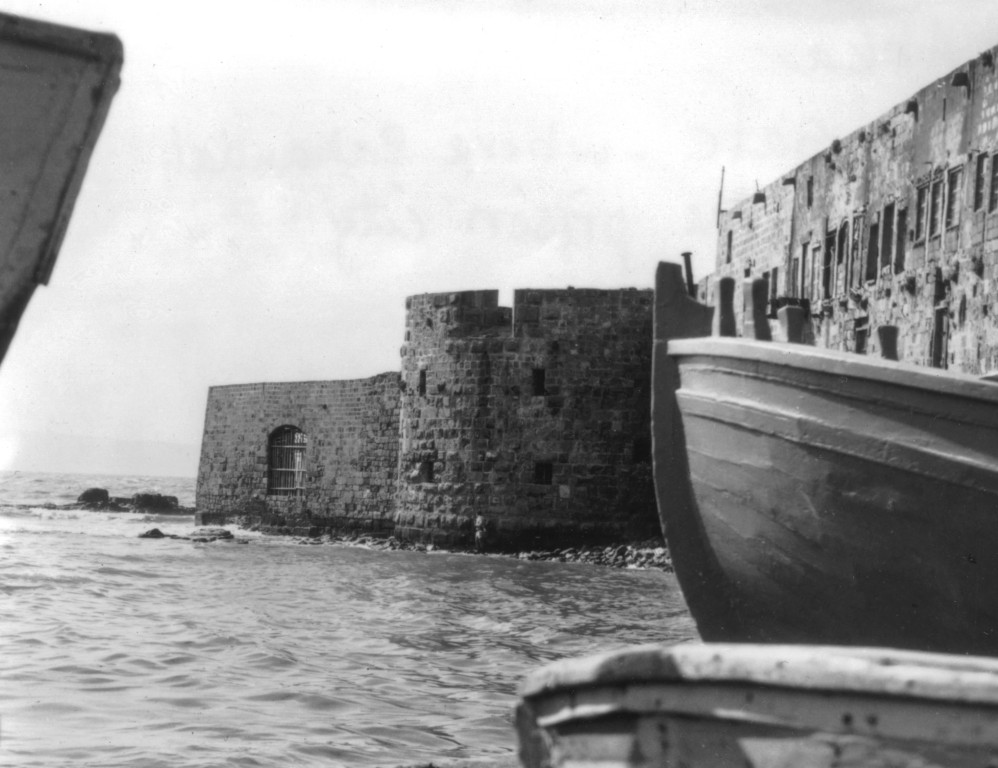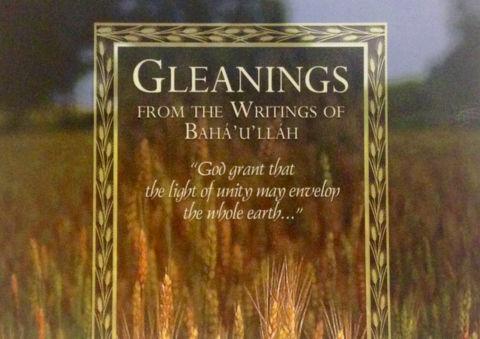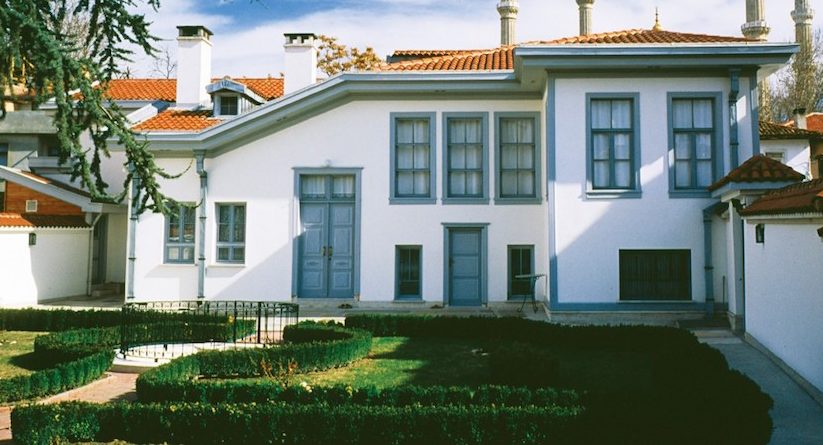-
Clara and Hyde Dunn – the Baha’i Faith Comes to Australia
On 10 April 1920, when Clara and Hyde Dunn arrived in Sydney, Australia was, to most of the world, a far-away place. To the bulk of Australia’s people it was a new nation seeking to unfold an egalitarian future that would be free of the many oppressions of the old world. Phrases like “fair go, mate” – though not so common nowadays – still capture something deep in the Australian ethos and sense of identity. It was to be a new society in which people could live a life of dignity, of freedom and of peace. In many ways this vision was a beautiful one. It was not always pursued.…
-
Sacrifice
The concept of sacrifice is integral to religion. Like other religious concepts it has undergone transformation over the ages. The concept of sacrifice was integrally connected with religious ritual. For example, animal sacrifices were widespread in ancient times. The practice gave way in Judaism (after destruction of the Temple) and in Christianity and other faiths to new ritual practices. For Christianity, the theme of sacrifice becomes focussed on the cosmic cycle of life, death and rebirth, much as in the ancient Egyptian myth of Isis and Osiris. Of Christ’s sacrifice Bahá’u’lláh writes: Know thou that when the Son of Man yielded up His breath to God, the whole creation wept with a great weeping. By sacrificing…
-
Bahá’u’lláh on Human Rights
Abdu’l Baha would, in his talks in 1911 and 1912 introducing Bahá’u’lláh’s teaching, identify a list of principles drawn from the teachings of Bahá’u’lláh. The list was not always exactly the same – and Abdu’l Baha would often introduce them with words such as “and among the teachings of Bahá’u’lláh”. We have already explored some of these topics, for example the oneness of humanity, the oneness of religion, the harmony of science and religion, equality of men and women, the balancing of material and spiritual in society. Abdu’l Baha also included human rights in that list. We should note that when he did so, there was no worldwide consensus around…
-
Honouring Teachers
After immediate family, and the closest of friends, the most important people in our lives are often ours teachers. How much we are indebted to them. If we have been fortunate enough to have special teachers – who saw something in us that others hadn’t seen – and nurtured it in us – we remember and treasure them all our lives. Abdu’l Baha states: Among the greatest of all services that can possibly be rendered by man to Almighty God is the education and training of children …[1] And: The education and training of children is among the most meritorious acts of humankind and draweth down the grace and favor…
-
Investigate the Truth – Yourself
One of the principles of Bahá’u’lláh’s teachings is the independent investigation of truth. That we should know for ourselves – not through the knowledge of others. The idea appears, in connection with justice, in the first Hidden Word: The best beloved of all things in My sight is Justice; turn not away therefrom if thou desirest Me, and neglect it not that I may confide in thee. By its aid thou shalt see with thine own eyes and not through the eyes of others, and shalt know of thine own knowledge and not through the knowledge of thy neighbor. Ponder this in thy heart; how it behooveth thee to be.[1]…
-
Shoghi Effendi – A Transcendent Life
Shoghi Effendi served as Guardian of the Baha’i Faith from 1921-1957. As we have already seen, it was not a role he envisaged undertaking. It was a role he fulfilled magnificently. His life’s work stands at the sunset of what Shoghi Effendi himself defined as the heroic age of the Baha’i Faith. The time when spiritual heroes such as the Bab, Baha’u’llah, Tahirih, Mulla Husayn, Quddus and Abdu’l Baha walked the Earth and gave birth to a new religion. Shoghi Effendi guided the Baha’i community through the beginnings of the “Formative Age” – a time when quill and donkey transitioned to typewriter and motorcar. With Shoghi Effendi, we definitively enter the modern world. Even in his dress…
-
Louis Gregory – Service to the Oneness of Humanity
Slavery was not a tale read from dusty history books for Louis Gregory. It was a close family memory. Louis Gregory was born in 1874. Both Louis’ parents had been freed from slavery by the civil war. His grandmother on his mother’s side, was an African transported to America as a slave in the Atlantic slave trade, and his grandfather was her white master. When Louis was four his father died. At age 7, Louis Gregory witnessed the murder of his African American grandfather by the Ku Klux Klan, because of his grandfather’s success as a blacksmith. At age 17 Louis lost his mother, who died in child birth. From these difficult beginnings, his life began…
-
We can Change the Whole Atmosphere And That’s Not Good
Among Bahá’u’lláh’s prophetic warnings – one of the most striking is the capacity of human beings to change the whole atmosphere. The prediction, among other things, anticipates the idea of the Anthropocene. Strange and astonishing things exist in the earth but they are hidden from the minds and the understanding of men. These things are capable of changing the whole atmosphere of the earth and their contamination would prove lethal.[1] I am not aware of anywhere where Bahá’u’lláh further elaborates on what particular substances he had in mind. The warning though comes in the context of the more general warning of the need for moderation in civilization – that if carried to excess…
-
Baha’u’llah’s Will and Testament – the Kitab-i-Ahd
Bahá’u’lláh did something unique in the recorded history of the founders of world religions. He left a will and testament. His will and testament is from any viewpoint, a most remarkable document. It is a central constitutional document of the Baha’i Faith – yet at the same time it is a meditation on the human condition. Bahá’u’lláh calls its recipients to consciousness of the limitless human potential to which human beings can rise. Yet the text also warns of the dangers of human folly and institutes mechanisms to protect against them. Known as the Book of the Covenant (Kitab-i-Ahd), the will and testament, written in Baha’u’llah’s own hand, was unsealed and read before nine witnesses nine days…
